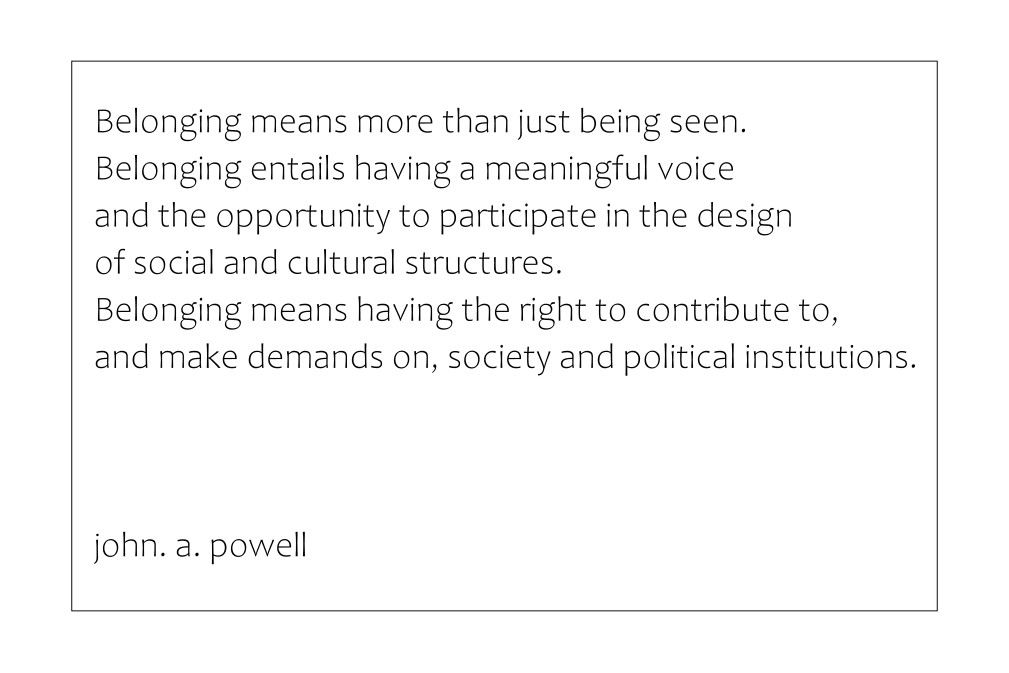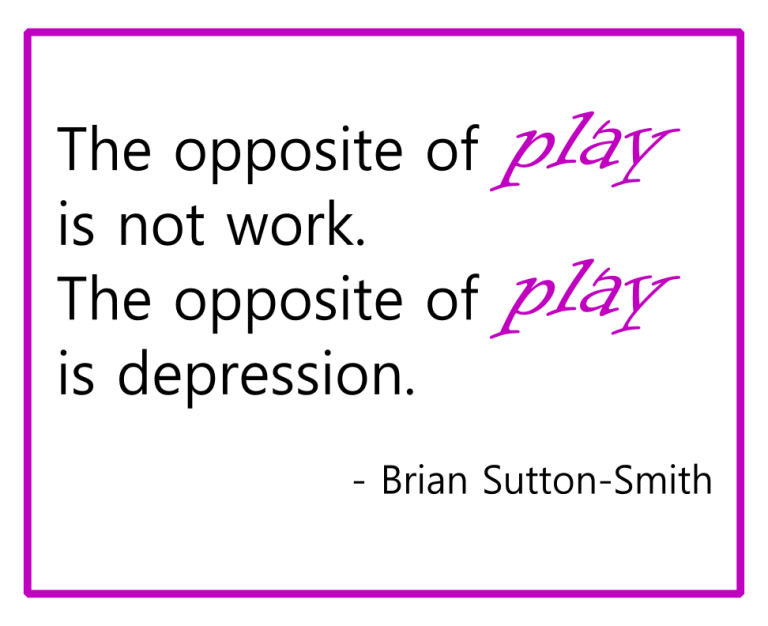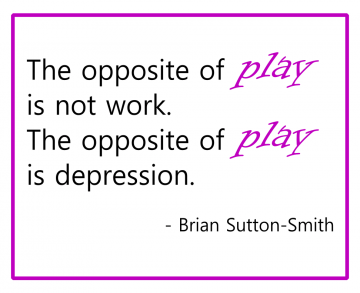Late last spring I stayed home from church with my five-year-old daughter who had a mild fever. We watched our ward’s Zoom devotional together. Afterword, she wanted the sacrament.
I told her that the people at church say that only daddy can bless the sacrament because he is ordained with the priesthood. She went to get our usual cups and cloths anyway. I told her we could play and this could be pretend sacrament. She told me it wasn’t pretend. We got water and bread. I knelt at her level and helped her read the sacrament prayers on my phone. Her hand held mine as I pointed at each word. She was nervous about saying the prayers just right: she had me read any word she wasn’t sure about. Somewhere in our partaking, we talked about the sacrament being for people who are trying to become like Jesus. The phrase “when two or three are gathered in my name” kept running through my head. Me and my five year old daughter are two people, as far as Jesus is concerned. That sacrament filled my soul, and so did the end of our services: her exuberant bear hug that knocked me over and rolled us both to the floor.
That memory is beautiful and tender for me. I am acutely aware that at the beginning of the pandemic, members without an authorized, priesthood-ordained male in the home were expressly forbidden to partake of bread and water after meditating on the sacrament prayers. I am also acutely aware that how I respond to my daughter’s invitations to play affects how she understands the world and her position in it. This daughter has been consistently expressing a desire to bless the sacrament since she was two years old. She has a persistent yearning to be an active participant in creating religious ritual. I hated feeling obligated to tell her that we were doing an unauthorized thing, but I had to give her an accurate rendering of the church as it currently exists. However, I could not conscientiously prohibit my daughter’s actions. I want her to explore a world where she has the power to create meaningful spiritual experiences. I want her to experience a connection with God in the way that is most intuitive to her. I want her to experiment with the ways she can use her mind and body to connect with divinity.
Ordinances, like the sacrament, are closely related to symbolic play. In both, an object is used to represent something else, (a banana might represent a phone, or bread might represent flesh.) The meaning assigned to the object motivates the actions performed with the object. The banana represents a phone, so you hold it up to your ear and talk. The broken bread represents a dead body, so it’s covered with a shroud. One difference between the two: play is generally not serious, but ordinances are performed with the belief that the actions have real purpose and consequences.
In my daughter’s favorite games, she has a hefty amount of negotiating power. She also likes to be bossy. If we are talking on banana phones to each other, she often wants to tell me what to say and when I can hang up. She wants to make all the rules. It’s not very fun to play when the other person gets to make all the rules all the time. One of the central lessons of playing is that it matters how it feels to all the participants1. Additionally, my daughter telling me every word I should say does not reflect how real-life phone calls work. (I have to admit though, I don’t mind her bossiness so much when I’m tired and don’t really want to play, but I do want to give her attention in the interest of domestic tranquility.)
At church, men with priesthood authority make all the rules. Women can attempt to influence the rules, but men get to make the final decision. These men have made rules that forbid women to pretend to prepare the symbols of Christ’s body. This doesn’t reflect real life because in the New Testament it was women’s hands that showed up to prepare the actual body of Christ. I am not persuaded that exclusive male authority is good. It hurts to show up at church and see how my teenage daughters are systematically barred from passing the sacrament, even though the scriptures don’t list that as a priesthood duty. This exclusion hurt back when I was a girl, hoping for change. Like play, it matters how church feels.
The parallels between ordinances and playing piqued my interest. I wanted to know more about play theory, so I read the book Why Play Works: Big Changes Start Small. It says:
“One critical aspect of play is volition; individuals get to choose what and how they play. Volition is not equivalent to lack of rules or structures. It’s simply a recognition that we want to choose when to jump in and play with each other. We don’t want to be forced or compelled.”2
Shifting the wording of that quote into church terms, we might say:
“One critical aspect of spiritual growth is agency. Individuals get to choose how they pursue this growth. Agency is not equivalent to saying there are no consequences for our choices. It’s simply a recognition that we want to choose when and how we participate in a community. It was Satan’s plan to compel us all into conformity.”
The book also talked about how play is adaptive and participants have a right to express how the experience might be improved. If I don’t like the rules of a game, I have three choices:
1) I can put up with an unfavorable experience, 2) I can advocate for a change in the rules, or 3) I can choose not to participate.
I have the same three choices with church. Encouraging option one can lead to abuse. Encouraging option three disintegrates the community. It would be in the church’s long-term interest to encourage people to advocate for changes that improve the experience for all people. However, it is particularly challenging for women to initiate change in the church’s structure because even the women in leadership positions have no ultimate authority to alter church rules. It’s hard for me to want to participate in a church that gives so little power to women’s voices.
I grew up singing “I belong to The Church of Jesus Christ of Latter Day Saints”. A sense of belonging is also a vital component to play. Why Play Works quotes civil rights expert john a. powell3:

When I read that I had a startling realization: I don’t belong to the church. Not as it currently exists. Women in general don’t belong to the church. There is a crisis of belonging for any who are barred from the power structure. I only see one way to try to belong: use my voice to advocate for change within the institution of the church.
My daughter said she was not pretending to perform the sacrament. The spiritual experience we had together was real. I believe in allowing all men (and women, and children) the privilege of worshiping god how they may. A child may need guidance, but in this instance it was my child who was guiding me. I’m in awe at my daughter’s sense of personal authority. The roles we play at church influence how we view ourselves and our abilities. In turn, that perspective affects how we view and interact with others—for better or worse. I wish church felt less like trying to fit in a box and more like exploring the extent of my human potential. I don’t want my daughter to learn to limit her sense of self or her connection to the divine. I want her to experience what church rituals could look like, could feel like, if women were included as equal actors. I’m glad she shared a glimpse of that with me.
References
1 Vialet, Jill. Why Play Works: Big Changes Start Small. Jossey-Bass, 2021, p. 179. It’s a fast read. The game guide at the back of the book could be useful for those in callings with children or youth.
2 Ibid p. 23
3 Ibid p. 67






27 Responses
Amazing post Kaylee. That’s a really special and sacred thing to share, thank you. I’m so glad this website exists and people like you share your experiences here. My wife and I have three young daughters and I feel strongly that God wants to endow them with more power and privileges than the institution of the Church presently allows. I’ll do my best to stand with you, pleading for God’s arm to be revealed. How long, O Lord?
Tyler , follow the prophet. You do not know more than him. I promise
Marie,
This is a gentle reminder that our comment policy prohibits calling people to repentance or questioning another’s righteousness. The full comment policy is here:
https://exponentii.org/comment-policy/
Tyler, thank you for your kind words! I’m glad this website exists too 🙂
Just gorgeous, Kaylee. As always, your words lift my heart and drive me to action. Thank you.
Beautiful post, Kaylee. I love the correlation you made between play and ritual, I have never thought of that. Also, you wrote what I think in my mind all of the time as I read scripture, sing songs, and listen to prayers and talks and blessings and rituals in this church: “I don’t belong to the church. Not as it currently exists.” Amen.
“These men have made rules that forbid women to pretend to prepare the symbols of Christ’s body. This doesn’t reflect real life because in the New Testament it was women’s hands that showed up to prepare the actual body of Christ.” Wow. I knew that women perpared Christ’s body for burial, but I’d never thought about it side by side with the sacrament.
I know, right? I’d never thought about it either until the pandemic lockdown had my husband blessing the sacrament at home. It’s amazing to me how playing with variations in ritual can open up new ideas.
“At church, men with priesthood authority make all the rules. Women can attempt to influence the rules, but men get to make the final decision.” I keep seeing phrases like this and it saddens and confuses me. A non member of the church might view it that way, but if you believe that the LDS church is Gods organization and is led by His prophet than you’d believe that it is The Lord who makes the final decision. The conversation should end there. It’s amazing that your daughter wanted to play sacrament and I think that was a lovely experience that you two had. But any deeper thoughts questioning the practices that the church does (assuming, again, that you believe the church is true) are wrong and dangerous. There is frankly a lot of flexibility when it comes to gender roles in our families, but the doctrine of the priesthood is either true or it’s not. And I’d it’s not true, then what are you doing wasting your time?
We’ve seen time and time again that, even though the church is true, God still accommodates the culture it exists in. God has always worked this way. The human fingerprints all over our scriptures and practices doesn’t make the church untrue, it makes it the human part of our human-divine interaction.
Also, you can believe the church is true and believe that God talks to our leaders the same way God talks to us. President Kimball talked about how hard he had to work (and pray and study for years) to overcome his own biases so he could be ready to receive the revelation to end the priesthood-temple ban. God didn’t just show up and tell him what to do
Which culture does the church exist in?
I don’t fully understand what it means to say “the church is true.” The church can teach true principles. The church itself is an evolving organization. Its structure and policies change. Was the church not true when women offered blessings of healing? Was the church not true when women controlled the Relief Society budget and curriculum? I do not believe that every single decision by every bishop, stake president, or general authority is direct revelation from God. Most of these men are wonderful people doing the best they know how. They are also human and make mistakes. I strive to offer grace and sustain them as they learn and grow. Jonah in the Old Testament was a prophet, but I wouldn’t say all of his decisions were righteous. I love the example of Joseph Smith’s experience in the grove: If I am unsure about the wisdom of a leader’s teaching, I can ask God directly.
I do not believe it is inherently wrong to question (or even break!) church rules. Jesus spent his entire ministry breaking church rules to heal and comfort those who were hurting. I do spend a lot of time writing posts like this. I write because I love the church and want it to be better. I write because I see ways the church hurts me and people I love. I write because I hope that others in the church will see that pain and, like Jesus, be willing to work miracles to relieve it.
Kaylee all those practices could have happened and the church was as true then as it is now as long as the Lords Prophet made the decision to change things. Not an inactive girl from a blog.
Kaylee, thank you for such enlightening insights. I’m pleased your young daughter is listening to her spiritual self and that you two created a meaningful experience. The inner light trumps organizational rules from my perspective.
This is great, Kaylee. This was my favorite passage:
“I told her we could play and this could be pretend sacrament. She told me it wasn’t pretend.”
That part just opens up all my feelings every time I think about it. I love how casually she put aside the ideas of authorities in this moment.
This is stressing me out. “Authority” is the basis of the LDS church. What you are pushing for is a sandy foundation that flows with the feelings of each member. It’s what led to the church breaking apart after Christs death. Tel your daughter that it’s made up bc nobody with the priesthood blessed it. Plain and simple (or go start your own church )
You know, it stresses me out too. Authority is a central part of the story of the restoration. I love what Doctrine and Covenants 121:41 teaches about priesthood: “No power or influence can or ought to be maintained by virtue of the priesthood, only by persuasion, by long-suffering, by gentleness and meekness, and by love unfeigned;” The power and influence of priesthood leaders in my life need only be to the extent that they persuade me that their ways are good and God-given.
I also appreciate President Nelson’s words from his talk “A Plea to My Sisters”:
“We need women who know how to access the power that God makes available to covenant keepers and who express their beliefs with confidence and charity. We need women who have the courage and vision of our Mother Eve.” Eve made a tremendously courageous decision to defy authority and act on the best information she had, and I rejoice in her decision for growth. I did tell my daughter it was pretend. She didn’t believe me; she expressed her belief with confidence. I could try to persuade her otherwise, but why would I want to? My daughter is showing me how to be the kind of woman President Nelson wants in the church. (Which I do attend regularly, by the way.)
D&C 132:8 Behold, mine house is a house of order, saith the Lord God, and not a house of confusion.
That’s so wonderful that your daughter wants to learn about church ordinances. Now is the vital time for you to teach her what it true. Not what makes her (and let’s be honest, you) feel good. I noticed nowhere in President Nelson’s quote did he say “women should prepare ,bless, and pass the sacrament “
Also let me add I understand you attend church regularly but there’s no question where you stand spiritually
Change is happening in the church. Just at a glacial pace. Maybe with global warming things will speed up.
Now days when an area authority or a mission president comes to talk at a stake conference his wife usually comes and talks too. Don’t roll your eyes just yet. Many high church callings are evolving to become a couple calling. We see Presidents Nelson and Oaks wives in many public presentations. Look back in the conference talks to when I was growing up. How many women spoke in conference. 0.
“Spirituality is an emotion. Religion is an obligation. Spirituality soothes. Religion mobilizes. Spirituality is satisfied with itself. Religion is dissatisfied with the world.” Rabbi Wolpe.
It looks like you found religion.
If these are couples callings, does the woman have a voice in all the meetings where decisions are made? What are her roles and responsibilities? Can she stand in for her husband if he is unavailable? It usually just feels like nice optics to me.
We had a stake president who would often ask his wife to speak. She usually wasn’t on the program. At first I appreciated getting to hear a woman’s voice, but then I noticed who wasn’t speaking: all the women who held stake leadership callings. You know, the women who were called and set apart to have a stewardship over aspects of the church. I don’t love how the stake president’s wife only got a space to speak because of her relationship with a man. I also don’t love how this practice excludes the massive percentage of single people at church.
That’s a fascinating and terrifying quotation. Terrible things have been done because of religious obligation and mobilization.
I happened to be reading “At the Pulpit” today and came across this gem of knowledge:
“[Lucy Mack] Smith requested the podium [at General Conference] to respond to the discussion about moving west.” (This Gospel of Glad Tidings to All People: Lucy Mack Smith)
I love that she asked and was granted time to speak at Conference–in an era when women speaking in public was still a scandal! It’s not like there wasn’t precedent, even back in your day 🙂
“I can put up with an unfavorable experience” should be your choice. However it’s disappointing that another option wouldn’t be “I can have faith that the prophet leads the church”
Marie, you seem so upset by this post. I am wondering what part of your testimony feels threatened by Kaylee’s sharing of her personal experience. Perhaps your discomfort is an opportunity to re-examine assumptions explore the parts of you that seem afraid of her ideas.
Heather I wouldn’t let someone punch another person in the face on the street even if I personally didn’t “feel threatened”. Messages shared here are dangerous and it’s clear that you are all looking for validation in your journey of leaving the church. I’m sorry I can’t stand idly by
Heather, do you think a space like this where members of the church can come together and feed into each others doubts, strengthens or weakens the church? Honest question. I used to love Exponentii but it has turned into a space where disaffected members complain and tear down the church. And you can say it’s coming from a place of love but that is just not true. Every post that is about Church leadership or policy is incredibly negative and is not helping strengthen the kingdom